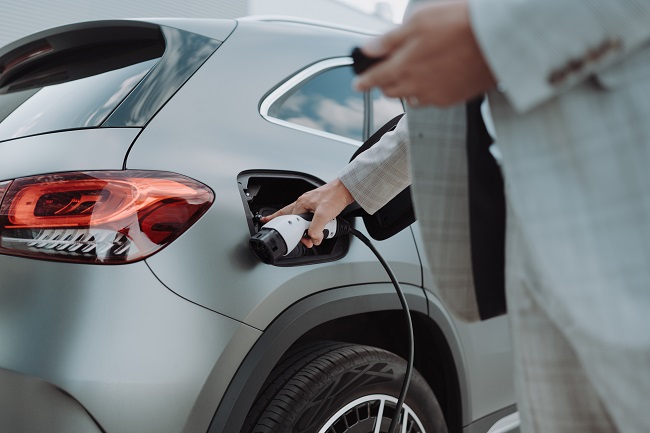Europe must take immediate action to prevent the further decline of its car industry. Immediate action is needed to speed up the development of the ecosystem that is essential for electric cars. Without action, the gap with China and the United States will continue to widen, with serious consequences for the European economy, particularly in terms of exports, employment and innovation. According to our latest report about perspectives for the automotive industry, Brussels is not offering enough incentives in the face of too much regulation.
The report paints a bleak picture for European car manufacturers, with Germany in the lead. The automotive industry is of vital importance to the European economy, accounting for 6% of total EU production. With almost 950,000 companies, it employs 6.5 million people. What's more, as a driver of innovation, the sector is the biggest investor in research and development in the EU, with almost €73 billion to be invested by 2022.




